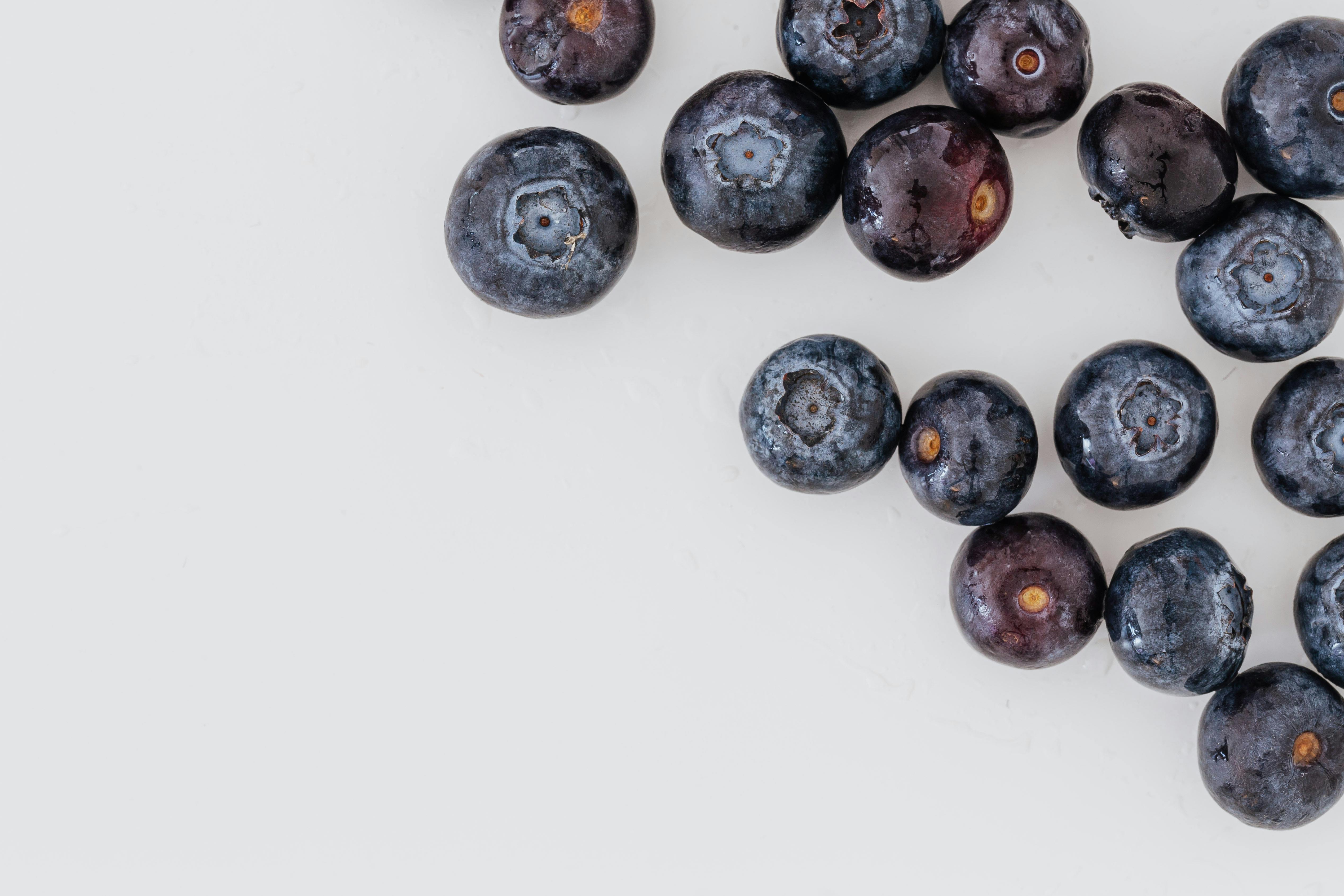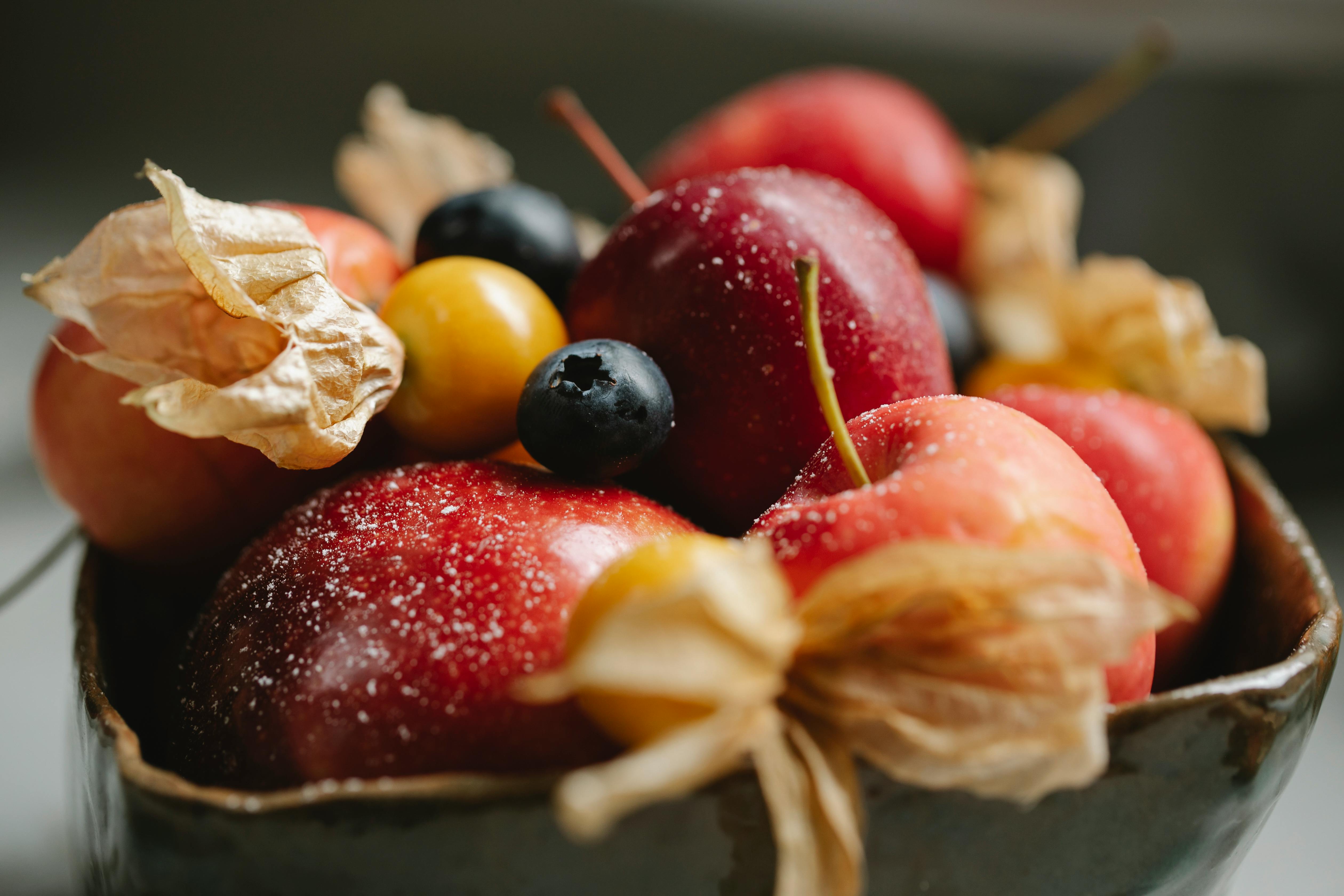Is it blueberry season? This is a question that many people ask each year when the summertime approaches. Blueberries are one of the most popular fruits to eat in the summertime, and so it’s important to know when they are in season. In this article, we’ll discuss the best time for blueberry season, where to find them, and how to tell if they’re ripe. We’ll also provide tips on storing and preserving blueberries so that you can enjoy them all year long!It depends on where you live. In some areas, blueberry season is typically mid-to-late summer, while in other areas, it may be earlier or later.
When Does Blueberry Season Occur?
Blueberry season occurs at different times depending on the region. In the northern hemisphere, blueberry season typically begins in late June and continues until early August. In the southern hemisphere, blueberry season typically runs from December through February.
Blueberries can be found in a variety of climates and regions, but they typically thrive in areas with cool summers and moist soils with a pH between 4.5 and 5.5. When growing wild, blueberries are often found in wetlands or bogs.
The best way to determine when blueberry season begins in your area is to contact your local farmers’ market or U-pick farm. Most farmers’ markets will update their websites when new fruits are available for sale, so be sure to check periodically for updates about when fresh blueberries become available near you.
In addition to fresh berries, many farmers’ markets and U-pick farms also offer frozen blueberries year-round that have been harvested during peak ripeness and flash-frozen immediately after picking for maximum sweetness and flavor. Frozen berries are a convenient way to enjoy fresh-picked flavor all year long without waiting for peak season!
The Benefits of Eating Blueberries During Season
Eating blueberries during their season has many benefits. Blueberries are packed with antioxidants, vitamins, and minerals that can help improve your overall health. They are low in calories and high in fiber, making them a great snack to keep your body healthy and energized. The antioxidants in blueberries can help reduce inflammation in the body and protect against free radical damage. They are also a good source of Vitamin C, which helps boost your immune system and can help reduce the risk of some diseases.
Blueberries are also a great source of fiber, which helps keep you feeling full for longer and can help regulate your blood sugar levels. This is especially important for people with diabetes as it helps keep their blood sugar levels stable. Fiber also aids in digestion and can help reduce cholesterol levels.
Blueberries are very versatile fruits that can be enjoyed in a variety of ways. You can eat them fresh or frozen, use them as an addition to smoothies or oatmeal, or bake them into muffins or other baked goods. Eating a handful of blueberries every day during their season is an easy way to get all the benefits they offer without having to worry about over-indulging.
In addition to being delicious and nutritious, blueberries have many other health benefits as well. They contain compounds that may help protect against certain types of cancer, heart disease, and other ailments. Studies have also found that regularly eating blueberries can improve cognitive function and memory recall in older adults.
Eating blueberries during their season is an excellent way to enjoy all the health benefits they offer while still keeping your diet balanced and healthy overall. If you’re trying to add more fruits into your diet but don’t want to over-indulge on sugary treats, blueberries are definitely worth considering!
Best Places to Find Blueberries in Season
Finding fresh blueberries can be tricky, especially when it’s not in season. But if you know where to look, you can get the freshest blueberries around! Here are some of the best places to find blueberries in season:
Farmers’ Markets: Farmers’ markets are one of the best places to find seasonal produce, including fresh blueberries. You can often buy them directly from the farmers, so you know they’re as fresh as possible. Plus, you’ll get to support local farmers and businesses!
U-Pick Farms: U-pick farms are a great way to get your hands on some fresh blueberries. You can pick your own berries and take them home with you for a fraction of the cost of store-bought berries. Plus, it’s a fun activity for the whole family!
Local Grocery Stores: Many grocery stores now offer locally grown produce, so it’s worth checking out your local stores for some freshly picked blueberries. You may even find organic or sustainably grown options at some stores.
Online Grocery Delivery Services: If you want to skip the trip to the store altogether, you can order fresh blueberries online through grocery delivery services like Amazon Fresh or Instacart. This is a great option if you don’t have access to a farmers’ market or u-pick farm near you.
No matter where you get your blueberries from, make sure they’re ripe and ready to eat before adding them to your meals or snacks! Enjoying freshly picked blueberries when they’re in season is one of life’s simple pleasures – enjoy it while it lasts!
How to Select the Best Blueberries During Season
Blueberries are a delicious, nutritious, and versatile fruit that can be enjoyed all year round. However, when it comes to finding the best blueberries during their peak season, there are some tips and tricks you should know. Here are some helpful tips on how to select the best blueberries during their peak season:
First of all, look for deep blue berries with a whitish bloom on the skin. This is a sign of freshness and indicates that the fruit was picked at the peak of ripeness. The berries should also be firm and plump, without any soft spots or wrinkles.
In addition to looking for deep blue color and firmness, smell is also an important factor when selecting blueberries during their peak season. You should look for berries that have a sweet aroma. If there is no aroma at all, then this could be an indication that the berries are not as fresh as they could be.
Make sure you take your time when selecting blueberries during their peak season. Avoid picking up large quantities of berries all at once – instead, take your time to check each individual berry for any signs of rot or damage before purchasing them.
Finally, always store your fresh blueberries in the refrigerator as soon as you get home. This will help preserve their freshness and flavor for longer periods of time so you can enjoy them when you’re ready!

How to Store Blueberries During Season
Blueberries are one of the most popular fruits and are enjoyed around the world. They are also highly nutritious and a great addition to any diet. However, during the summer months when blueberry season is in full swing, it can be difficult to keep them fresh for long periods of time. Fortunately, there are a few simple tips that can help you store your blueberries correctly and ensure they stay fresh for as long as possible.
The first step in storing blueberries is to select only the freshest, ripest berries. If possible, purchase them from a local farmer’s market or grow your own blueberries at home. Discard any berries that appear bruised, moldy, or otherwise damaged. Once you have selected your berries, place them in a shallow container with a lid or cloth cover and store in the refrigerator until you’re ready to use them.
When it comes time to use your blueberries, it’s important to rinse them off thoroughly under cool running water before consuming or cooking with them. This will help remove any dirt or pesticides that may be present on the surface of the fruit. Once rinsed off, let the berries air dry before using or storing them again.
If you need to store your blueberries for longer than a few days, freezing is an excellent option. To freeze your berries, spread them out on a baking sheet lined with parchment paper and freeze until solid (about two hours). Once frozen, transfer the berries to an airtight freezer-safe container and store in the freezer for up to three months. When you’re ready to use them again, simply thaw in the refrigerator overnight before consuming or cooking with them.
Following these simple tips will ensure that you get maximum enjoyment out of your fresh blueberries during season and throughout the year!
How to Prepare Fresh Blueberries During Season
Blueberries are one of the most beloved fruits, and they are a great addition to any meal or snack. During the summer months, fresh blueberries can be found in abundance and they make a great option for adding flavor and nutrition to any dish. Preparing fresh blueberries is easy and doesn’t take much time or effort. Here are some tips for how to prepare fresh blueberries during season.
The first step is to make sure the blueberries you purchase are fresh. Look for deep colored blueberries that have no signs of mold or discoloration. Once you’ve purchased your fresh blueberries, you’ll want to rinse them off with cool water before using them. This will help remove any dirt or debris that may be on them.
Once the blueberries have been rinsed, you’ll want to dry them off with a paper towel or cloth towel. This will help keep them from becoming too soggy when used in recipes or as a snack. After drying, you can store your blueberries in an airtight container in the refrigerator until ready for use.
If you’re using your blueberries in a recipe such as muffins, pancakes, or smoothies, there’s no need to do anything else other than adding them directly into the batter or mixture before cooking or blending. For snacks such as parfaits or yogurt bowls, you may want to sprinkle some sugar over the top of your fresh berries for added sweetness before serving.
No matter how you decide to use your fresh blueberries during season, they are sure to be a delicious addition to any dish!
Climate Requirements
Blueberries are native to North America and require a cool and humid climate. They need lots of sunshine and well-drained, slightly acidic soil with a pH between 4.5 and 5.5. Blueberries also require plenty of water during the growing season, as well as mulch to keep the soil moist and help prevent weeds. If you live in an area with cold winters, it’s important to choose varieties that are suited to your climate.
Planting and Care
When planting blueberries, space them at least 6 feet apart for optimum growth. Plant them in raised beds or mounds if your soil is heavy or poorly drained. Plant the bushes in early spring when the ground is workable, making sure not to disturb their roots too much during transplanting. Prune off any dead or diseased branches and position them so they get plenty of sunlight. Once planted, water them frequently for the first few weeks until they become established.
Fertilizing
Blueberries are heavy feeders and need regular fertilizing throughout the growing season to ensure healthy growth. Choose a fertilizer specifically designed for blueberries that contains nitrogen, phosphorus, potassium, magnesium, sulfur, boron and zinc. Apply fertilizer every two weeks during fruiting season in spring and summer as directed on the packaging.
Pest Control
Blueberry plants can fall prey to a variety of pests such as aphids, mites, caterpillars, birds and rodents. Use natural pest control methods such as introducing beneficial insects into your garden or spraying insecticidal soap onto affected areas to keep pests at bay without harming beneficial organisms or polluting the environment.
Harvesting
Harvest your blueberries when they turn a deep blue color – usually between late June through early August depending on variety and climate conditions – by gently twisting them off their stems with your hands or using pruning shears for larger clusters. Enjoy your freshly picked blueberries right away or store them in an airtight container in the refrigerator for up to two weeks.
With proper care and attention you can successfully grow delicious blueberries in your garden!

Conclusion
The answer to the question of whether or not it is blueberry season depends on where you live. In certain parts of the United States, blueberry season begins in late June and lasts until early August. In other locations, blueberry season can start as early as May and last until October. It’s important to research local crop availability to determine when blueberries are in season in your area.
When blueberries are in season, they offer a variety of nutritional benefits that make them a great snack for any time of day. They’re packed with antioxidants and vitamin C, which can help boost the immune system. Plus, they offer a sweet taste and juicy texture that make them a delicious addition to any meal or snack.
No matter what time of year it is, blueberries are a great choice for health-conscious individuals who want to make sure they’re getting plenty of nutrients from their diets. Whether you’re looking for something tasty to add to your breakfast or want a nutritious snack throughout the day, be sure to check when blueberry season is in your area so that you can enjoy all their benefits!



